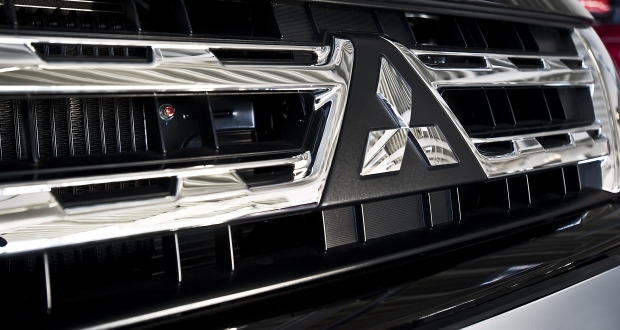Audi confirmed Monday that it is recalling 1,644 E-tron electric SUVs, including 544 vehicles that have been delivered to customers, due to an issue with the battery pack’s seal that it says could lead to “a short circuit or thermal event.”
Audi is not aware of any such shorts or thermal events, it says, insisting that the move to recall its first electric car was made “out of an abundance of caution.” According to Audi, there have only been five cases globally of the battery warning light illuminating that are related to this potential pack-seal issue.
The cause isn’t related to the cells or modules themselves in the Audi E-tron battery pack. Specifically, a defective grommet could leave a portion of the battery’s seal vulnerable to a breach, where moisture could enter the pack.
2019 Audi e-tron battery pack
Moisture entering the pack could lead to corrosion, and the increased chance of a short over time. It could also lead to the increased chances of a fire during a thermal runaway issue within the pack—the most likely after a severe collision.
Provided the yellow battery warning light on the instrument panel hasn’t signaled an issue, the vehicle is safe to continue driving until Audi is ready with a remedy for the affected vehicles—expected to arrive in August.
The warning light is something to take very seriously, however: “Should a yellow battery warning light appear, appropriate actions should be taken to stop and park the vehicle in the open, do not charge and contact roadside assistance to make arrangements to have the vehicle towed to the dealer for inspection/service without delay,” instructs Audi.
2019 Audi E-tron
Audi says that E-tron vehicles that are unaffected by the recall remain available for delivery, and their reservation system remains open. As of the time this was published, recall documents hadn't yet been posted by the federal government.
The company has been proactively reaching out to customers over the past week. If customers do see the warning light, or if they choose not to drive their vehicle affected by the recall, Audi will pick up their vehicle at a place of their choice and replace it with an unaffected E-tron whenever possible. Otherwise it will substitute in an ICE vehicle as well as an $800 cash card to help cover the higher fuel expenses and any additional expenses the owner may incur.
The “abundance of caution” statement speaks volumes about the approach for battery packs being taken by Audi, and by Volkswagen and the entire VW Group. While Audi may have already encountered issues with LG Chem in cell supply, it’s treating the battery pack, its energy and power management, and its cooling to be an entirely proprietary component designed and engineered in-house—a choice that’s likely given Audi an advantage in troubleshooting and fixing issues like this when they arise.
